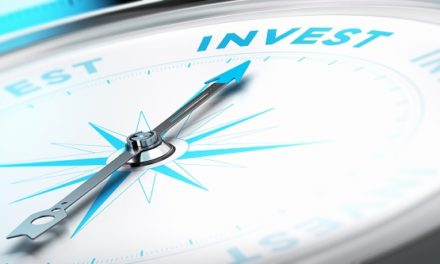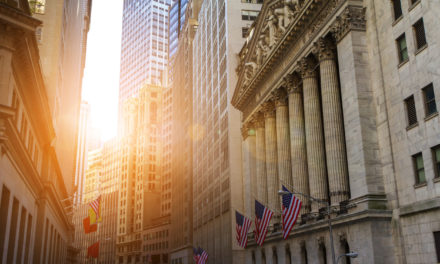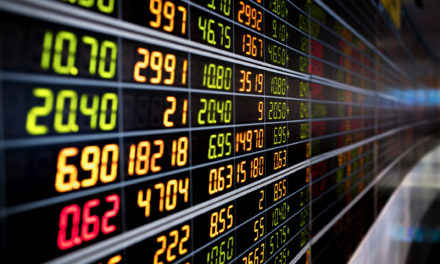
“Someone’s sitting in the shade today because someone planted a tree a long time ago.”
— Warren Buffett
This inspiring quote from Warren Buffett teaches us the importance of considering our investment time horizon when approaching any given investment: Could we envision ourselves holding the stock we are considering for many years? Even a two-decade holding period potentially?
For “buy-and-hold” investors taking a long-term view, what’s important isn’t the short-term stock market fluctuations that will inevitably occur, but what happens over the long haul. Looking back 20 years to 2003, investors considering an investment into shares of FirstEnergy Corp (NYSE: FE) may have been pondering this very question and thinking about their potential investment result over a full two-decade time horizon. Here’s how that would have worked out.
| Start date: | 01/21/2003 |
|
|||
| End date: | 01/17/2023 | ||||
| Start price/share: | $31.10 | ||||
| End price/share: | $42.99 | ||||
| Starting shares: | 321.54 | ||||
| Ending shares: | 769.37 | ||||
| Dividends reinvested/share: | $35.62 | ||||
| Total return: | 230.75% | ||||
| Average annual return: | 6.16% | ||||
| Starting investment: | $10,000.00 | ||||
| Ending investment: | $33,058.97 | ||||
As shown above, the two-decade investment result worked out well, with an annualized rate of return of 6.16%. This would have turned a $10K investment made 20 years ago into $33,058.97 today (as of 01/17/2023). On a total return basis, that’s a result of 230.75% (something to think about: how might FE shares perform over the next 20 years?). [These numbers were computed with the Dividend Channel DRIP Returns Calculator.]
Dividends are always an important investment factor to consider, and FirstEnergy Corp has paid $35.62/share in dividends to shareholders over the past 20 years we looked at above. Many an investor will only invest in stocks that pay dividends, so this component of total return is always an important consideration. Automated reinvestment of dividends into additional shares of stock can be a great way for an investor to compound their returns. The above calculations are done with the assuption that dividends received over time are reinvested (the calcuations use the closing price on ex-date).
Based upon the most recent annualized dividend rate of 1.56/share, we calculate that FE has a current yield of approximately 3.63%. Another interesting datapoint we can examine is ‘yield on cost’ — in other words, we can express the current annualized dividend of 1.56 against the original $31.10/share purchase price. This works out to a yield on cost of 11.67%.
Here’s one more great investment quote before you go:
“Money is better than poverty, if only for financial reasons.” — Woody Allen



